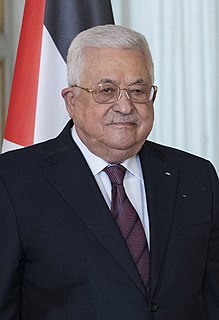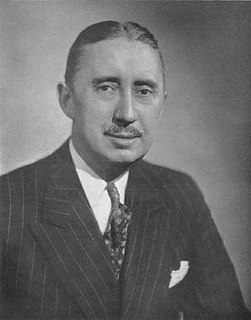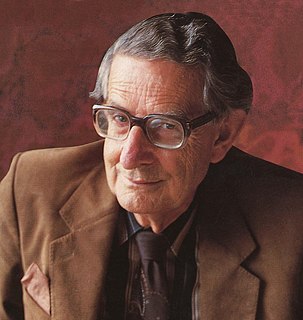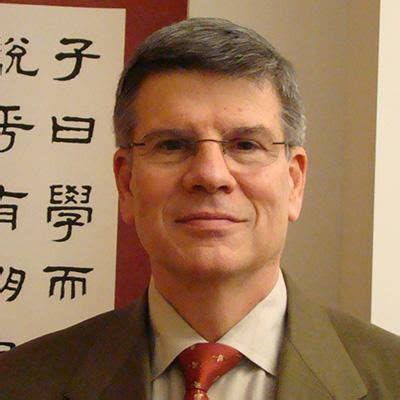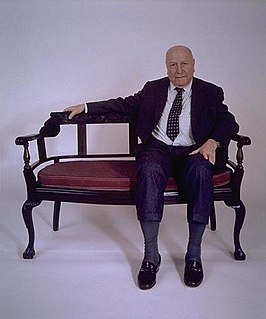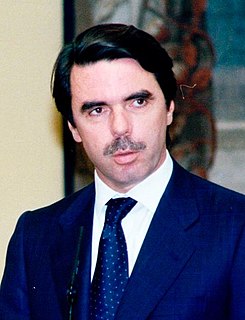A Quote by Mahmoud Abbas
We always have hoped that American diplomacy deploys itself in dialogue and persuasion rather than by ultimatums. That is the path we want in international relations.
Related Quotes
I'd rather be thought as an international actress rather than a French one. Because I don't know what's coming up for me, my ambition is not to be typecast. So I'm working on my English accent, as well as my American one. I don't want to be like 'Okay, I'm French, and I want to succeed in Hollywood!'
As in the game of billiards, the balls are constantly producing effects from mere chance, which the most skillful player could neither execute nor foresee, but which, when they do happen, serve mainly to teach him how much he has still to learn; so it is in the most profound and complicated game of politics and diplomacy. In both cases, we can only regulate our play by what we have seen, rather than by what we have hoped; and by what we have experienced, rather than by what we have expected.
I always felt that a scientist owes the world only one thing, and that is the truth as he sees it. If the truth contradicts deeply held beliefs, that is too bad. Tact and diplomacy are fine in international relations, in politics, perhaps even in business; in science only one thing matters, and that is the facts.
Rather than make claims of final theories, perhaps we should focus on our ever-continuing dialogue with the universe. It is the dialogue that matters most, not its imagined end. It is the sacred act of inquiry wherein we gently trace the experienced outlines of an ever-greater whole. It is the dialogue that lets the brilliance of the diamond’s infinite facets shine clearly. It is the dialogue that instills within us a power and capacity that is, and always has been, saturated with meaning.
Like other countries in the world, China must uphold its own sovereignty, territorial integrity and development interests. At the same time, we are willing to properly handle differences and disagreements in state-to-state relations in accordance with the basic norms governing international relations and the principle of mutual understanding, mutual accommodation, dialogue and consultation.
